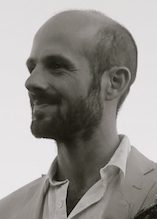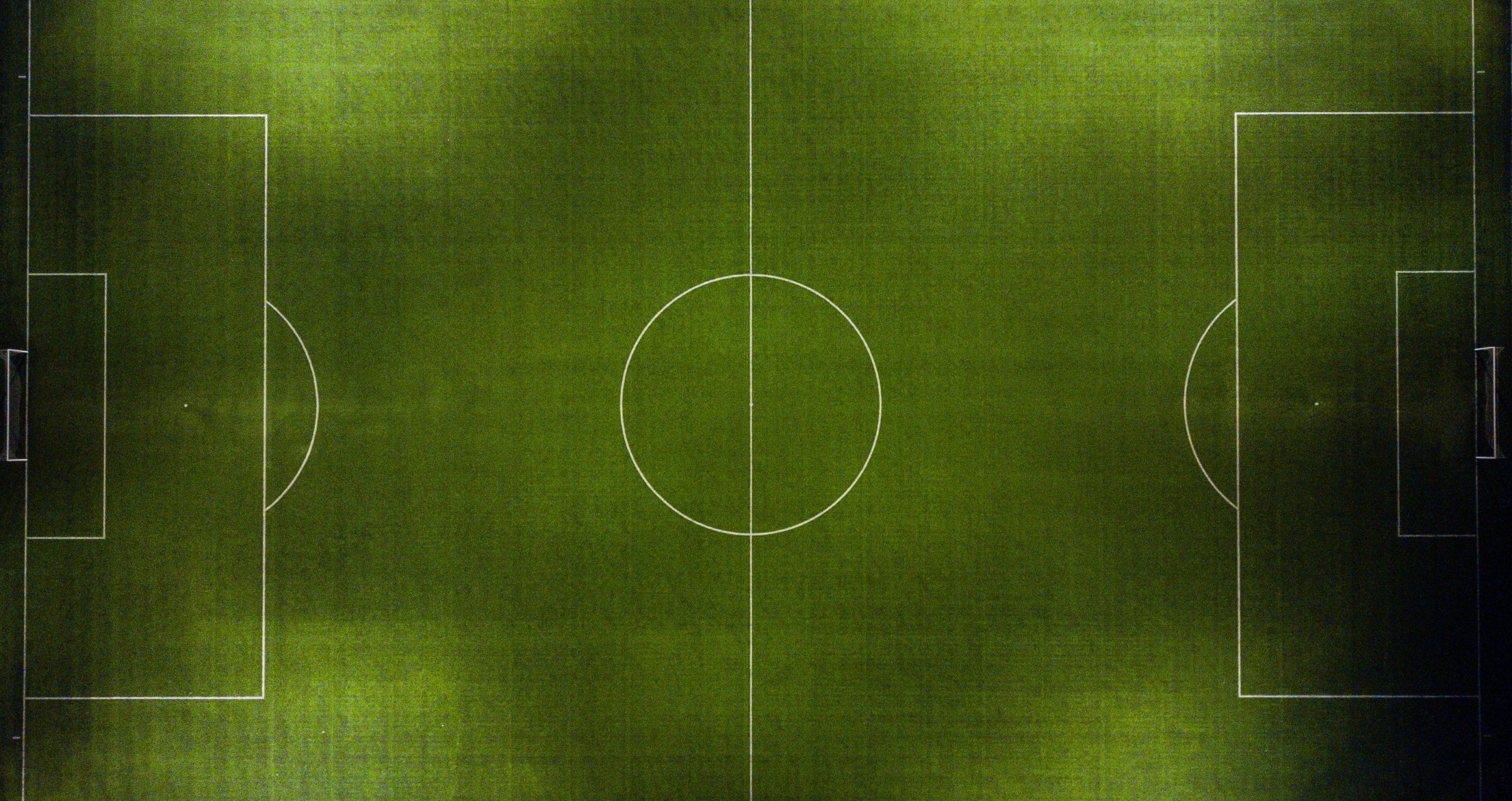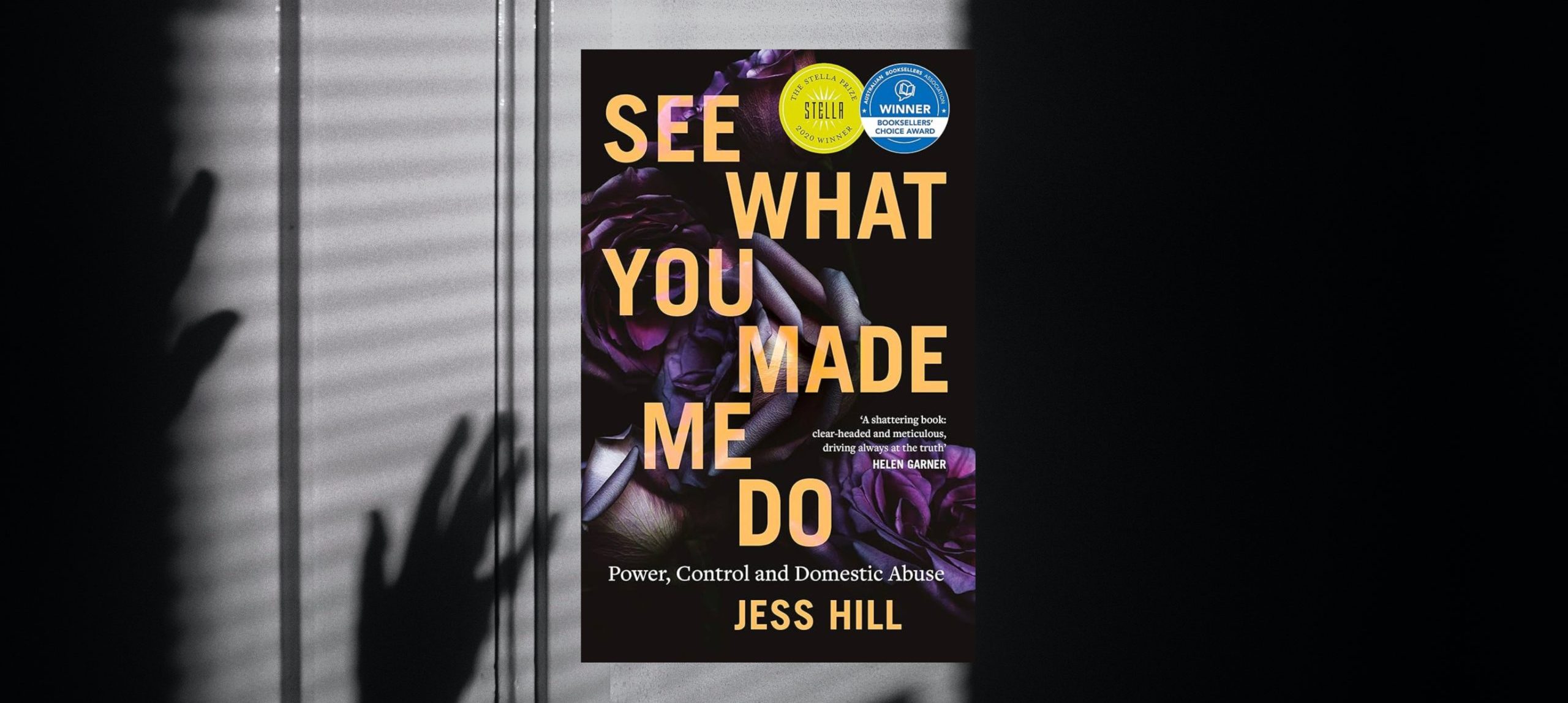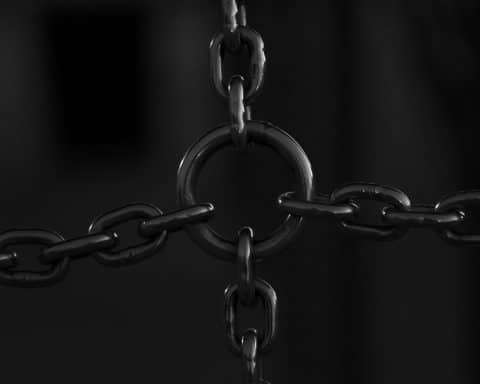
His writing can be found at www.gilesdawnay.com and he is on Twitter: @gilesdawnay
Iain McGilchrist’s weighty but incredibly valuable ‘The Master and His Emissary’1 offers the hypothesis of the right and left side of the brain seeing the world in separate ways. Then these are intergrated by virtue of the corpus callosum, helping us to construct our own unique perception of reality. In a very over-simplified understanding of his work he posits the left side of the brain is abstract and is able to see objects in isolation. The right side however sees the world as a constant sense of flow, that nothing is permanent and forever looking for the context of the movement of the world in which we live in. In simple evolutionary terms, the left half looks for prey to eat, the right half is on guard not to be eaten in the process.2
Both working in isolation would make living very difficult, one sees the macro and the other the micro. Who we are becomes each person’s unique compromise between these two realities. Yet, as he concludes his work, McGilchrist offers his concern that the current makeup of the Western World is too left brained, too focused on the abstract, everything existing as objects in isolation with each other (essentially the Newtonian universe) as opposed to focusing on the ever moving and evolving relationships we have with each other and the world around us (the Quantum Physics universe perhaps).
…the Western World is too left brained, too focused on the abstract, everything existing as objects in isolation with each other (essentially the Newtonian universe)…
His insights points a lot towards the current reductionist scientific model that we build our post enlightenment thinking on. To understand something we must take it from its natural environment and reduce it to its bare bones, or as Wordsworth reflects. ‘we murder to dissect.3 Our capacity for knowledge and fact has grown beyond compare, but how about our capacity to assimilate and put in context?
You only have to look at social media as the current apogee of malaise. Endless (mainly self-serving) content being generated by people we have never met with no sense of any context of their lives apart from the edited highlights they toss our way. No wonder it leaves so many of its users dissatisfied yet wanting more.
Something that strikes me again and again is not only the power of the patient’s story, but how it has shaped the life of the patient.
One of the great criticisms of modern Western medicine is perhaps an extension of this McGilchrist’s insight. So much of the patient is reduced to the number, figure, diagnosis, trend and specialty. Hospitals especially can feel like an extension of the laboratory where sterility and sharp lines rule, the patient is stripped of all but the biophysical reality of their bodies in that moment in time.
While this can undoubtedly achieve great results, what does it sacrifice? While the patient may be an atomic moment in time when they come to the doctors, what about the context of who and what they are? How does our model allow us to factor that in when we assess?
Something that strikes me again and again is not only the power of the patient’s story, but how it has shaped the life of the patient. Their story and their sense of their own context is what informs their sense of self, their understanding of their body and their health decisions. This is never more pertinent than when a patient presents with a relatively recent health anxiety that coincides with them nearing the age of when a parent or family member died.
How many of our patients have built a life based on the childhood they did or didn’t receive. How many have set their expectations of what to expect based on the community they were born into. How much of their current state of mind is a reaction to the griefs of their lives that have never been tended to (or even perhaps recognised)? It could be argued that mind and body are related to each other as such. Mind has the power to create the body (through its choices) while the body also creates the mind, through what has happened to it. Each of us existing on a two way street between the two, shuttling endlessly back and forth.
Yet without context, our capacity to understand and help the patient must become severely limited. Our best consultations seem to happen when the story constructed by doctor and patient harmonizes and aligns, and our worst when they become dissonant and out of frequency with each other.
Perhaps it is in the balancing of both context and abstract we might come ever closer to the tantalizingly elusive yet forever ineffable ‘art of medicine?’
References
- The Master and his Emissary, The Divided Brain and the making of the Western World, Iain McGilchrist, Yale University Press 2009
- UnHerd Podcast with Freddie Sayers, https://unherd.com/2023/05/left-brain-thinking-will-destroy-civilisation/ (accessed 3/10/23)
- https://www.poetryfoundation.org/poems/45557/the-tables-turned (accessed 3/10/23)
Featured photo by Bence Balla-Schottner on Unsplash









Utterly brilliant! Thank you